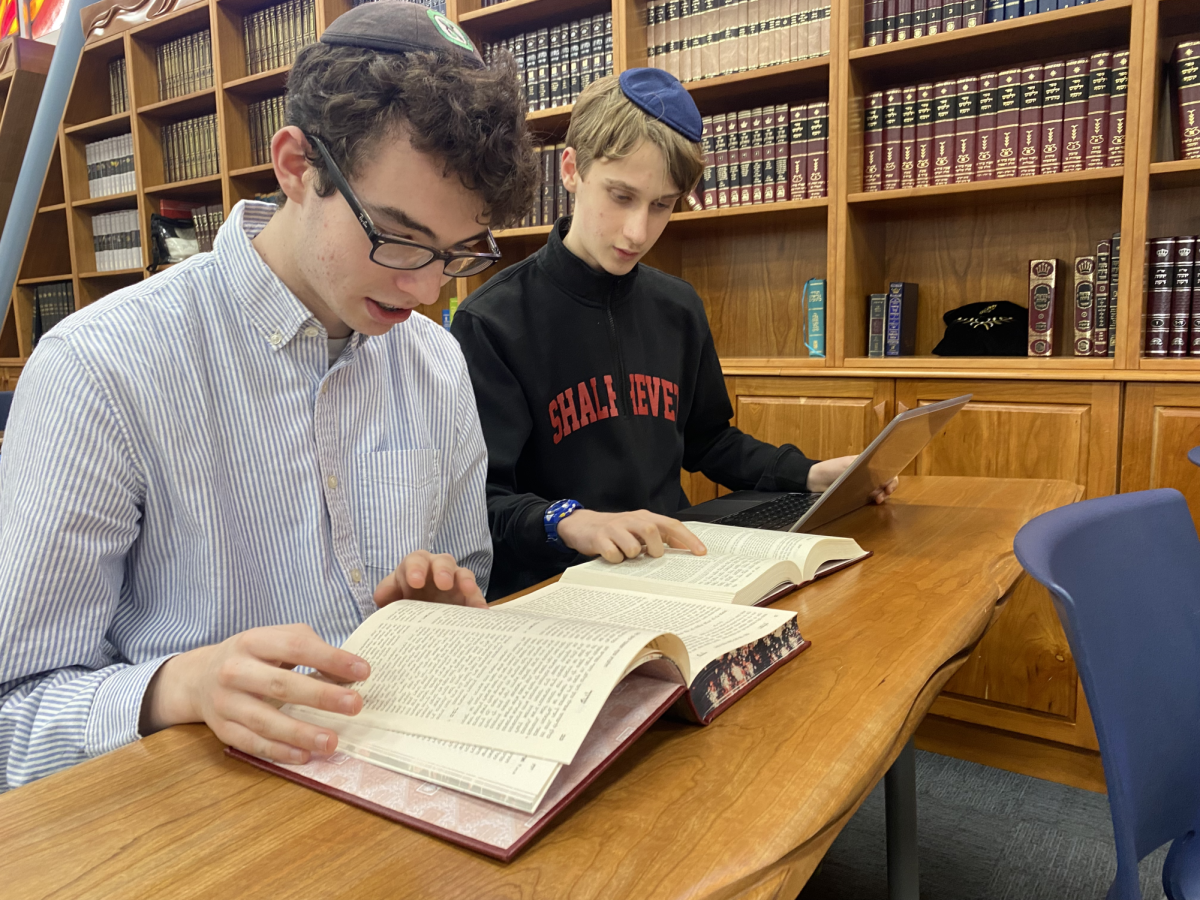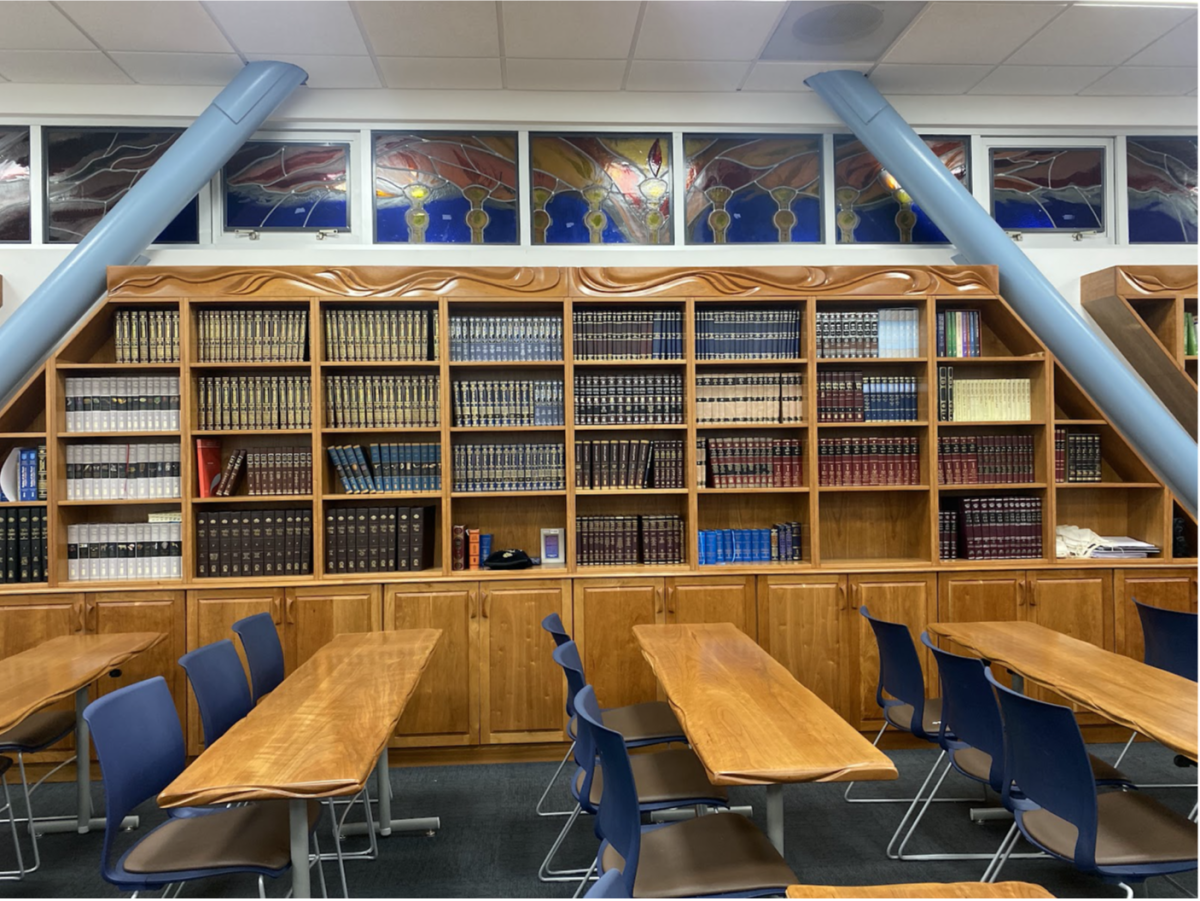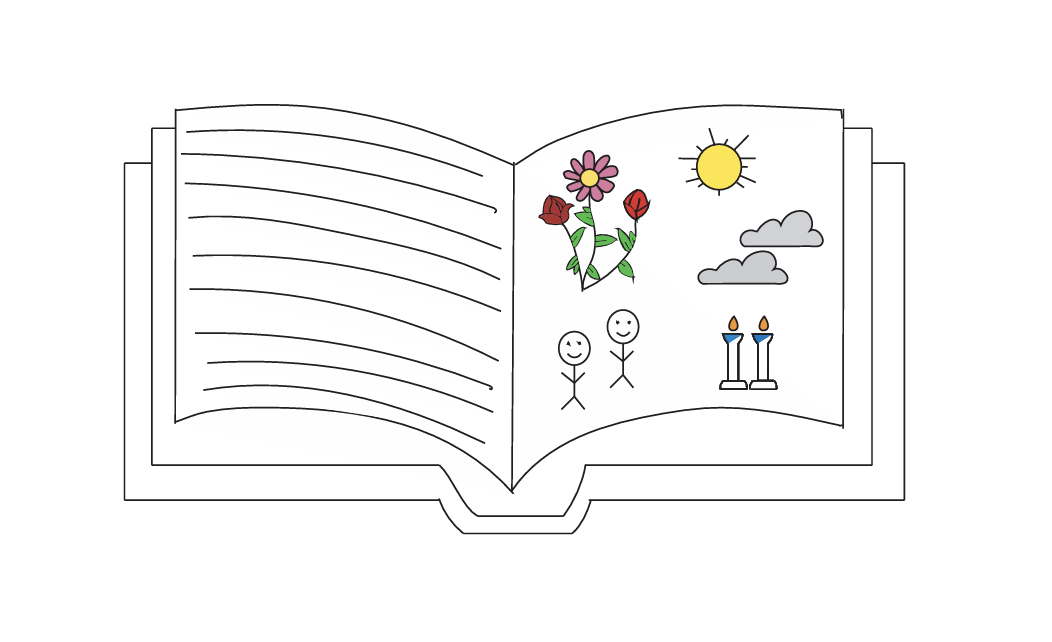Britain’s chief rabbi, Lord Jonathan Sacks, addressed about 320 students and faculty of local Jewish schools at Harkham Hebrew Academy Feb. 23 and said Modern Orthodoxy needed to become stronger to exert its natural influence in the Jewish world.
Answering a question from the audience about religious clashes in Beit Shemesh, Israel, Rabbi Sacks said Modern Orthodox Jews should be a bridge between the polar groups of secularists and Haredim.
“If we were stronger, we would act as the bridge between the Haredi world and the secular world,” Rabbi Sacks said. “But we’re not that strong. What they did in Beit Shemesh, what they did to women on buses and all the rest, was unacceptable, but I think we should work on ourselves rather than criticize the Haredim.”
The Hillel address was the dignitary’s first stop on a weekend full of Pico-Robertson appearrance. Hillel leaders, who paid for Rabbi Sacks’ visit and bought a billboard welcoming him on Pico, had started courting him to visit LA over a year ago over a dinner at Pat’s.
“Rabbi Sacks is really the spokesperson for the Modern Orthodox world,'” said Michael Fallas, president of Hillel and father of Shalhevet students Leona and Jojo Fallas. “He gave students hope that there are rational leaders that have tremendous wisdom to give them.”
Every student from Shalhevet, along with portions of Hillel Middle School, YULA Boys, YULA Girls, Milken Community and New Community Jewish high schools, poured into Hillel’s underground gym to catch the chief rabbi’s speech. Rabbi Sacks then accepted five questions from the audience on modern-day Judaism.
In his main speech, the rabi and member of England’s House of Lords charged each student to transition from childhood to adulthood ith the determination to change the world, just as ancient Jews learned to fight for themselves after the parting of the Red Sea.
“The big transition from chilhod to adult hood — your kiriat yam suf [parting of the Red Sea] — is that when you’re a child, your battles are fought for you by others. When you’re an adult, you fight them yourself’ she said.
Questions from the audience also touched on the chief rabbi’s role in advancing women’s standing in Jewish culture and on the use of social media in Jewish education. The social media question, asked by Shalhevet freshman Jacob Elspas, elicitede a light response.
” Why else would have HaKadosh Barechu have placed Mark Zuckerberg in this world,” Rabbi Sacks said, voicing support and admiration for social media and for the iPad in partiular. “The next morning after Steve Jobs announced the iPad, I went into our office. I said, ‘We are now going to develop material for the iPad,'” he said,” And that was before a single iPad had been sold.”
Most of the audience sat attentibvely throughout the speech and Q-and-A session, and energetic applause at the end seemed to indicate a positive reaction.
“He said that we should concentrate on changing ourselves,” said Shalhevet senior Josh Meisel. “Different types of Jews won’t change, especially not because of us. I found that made a lot of sense. I need to work on changing myself.”






